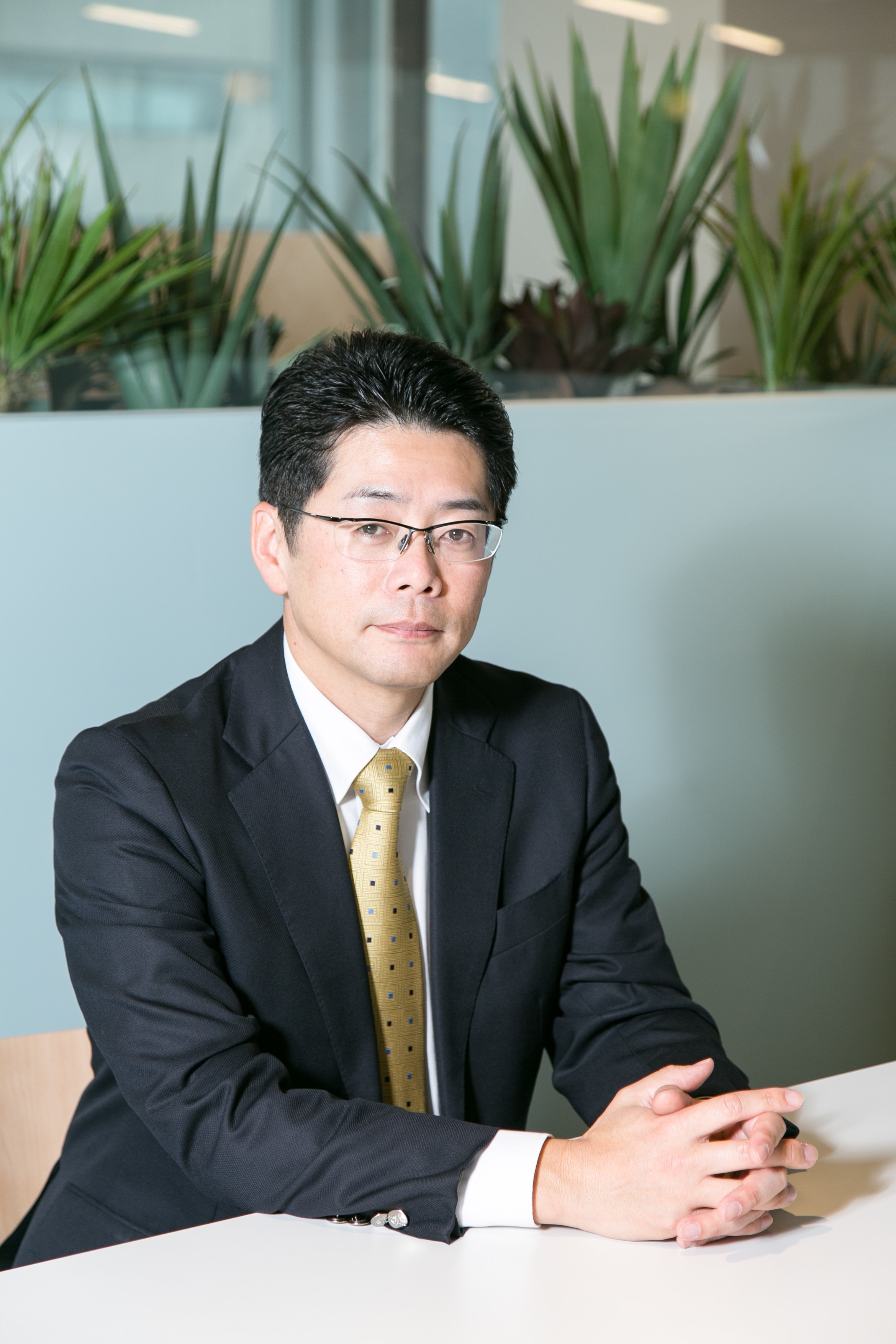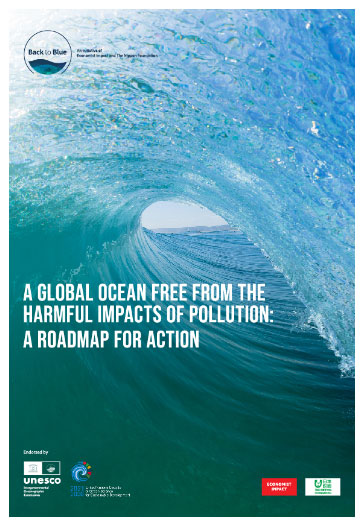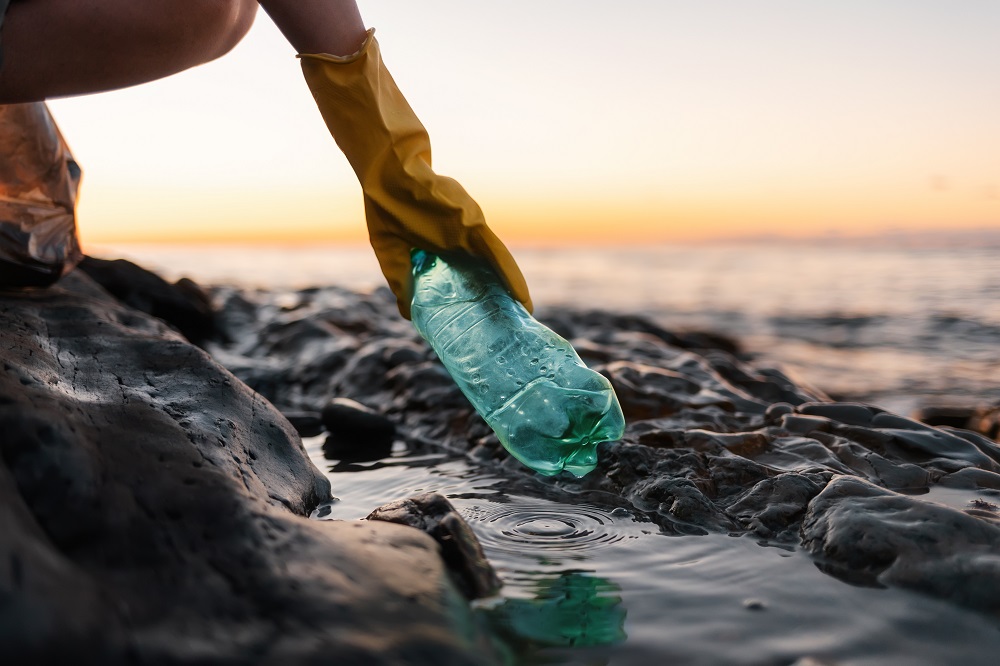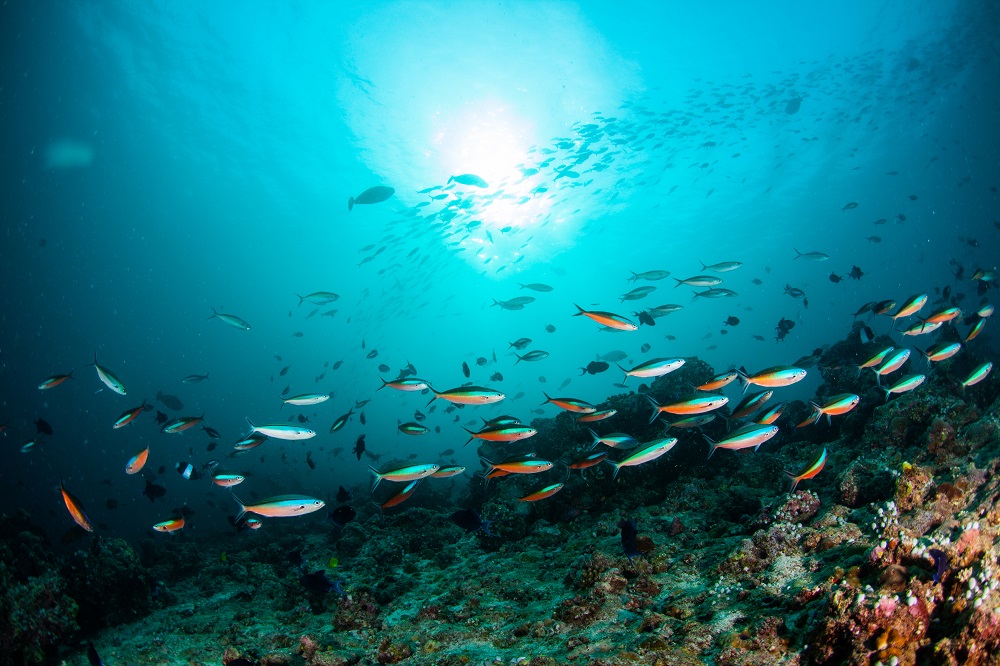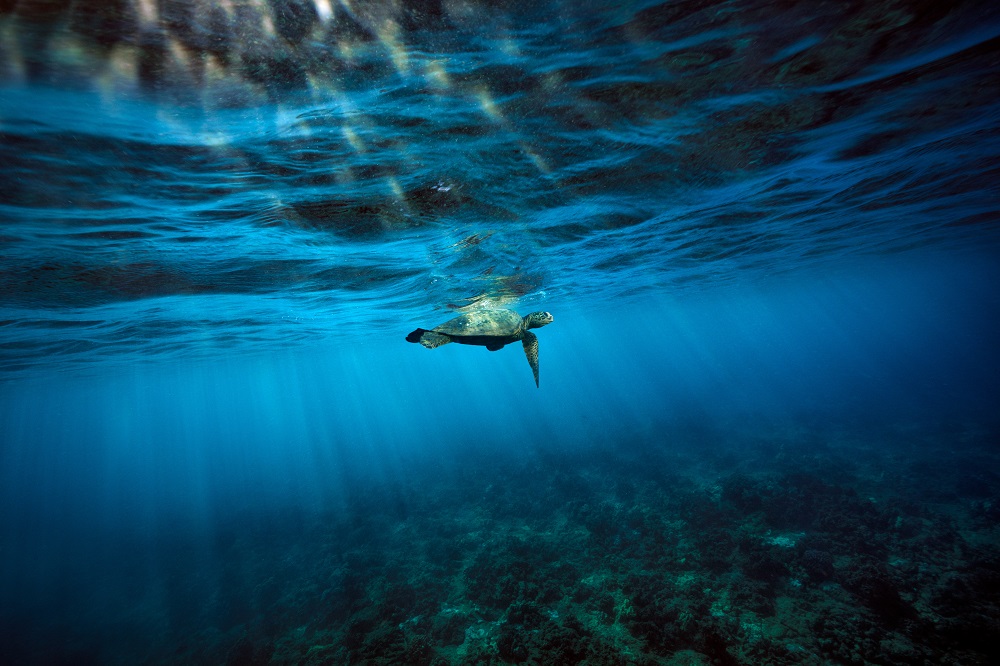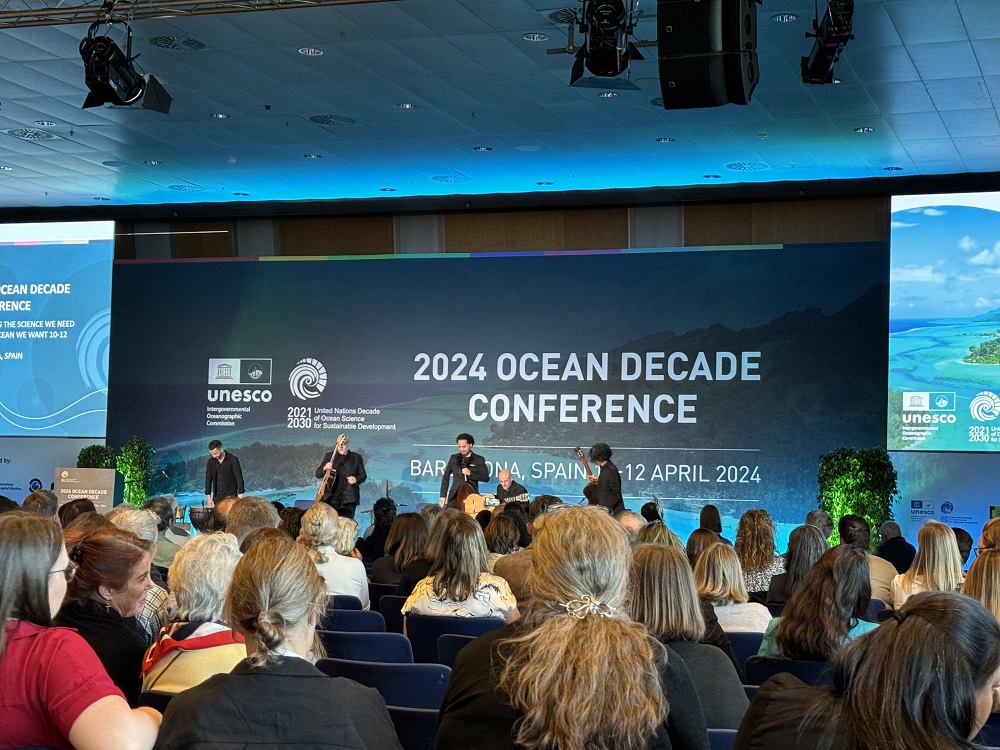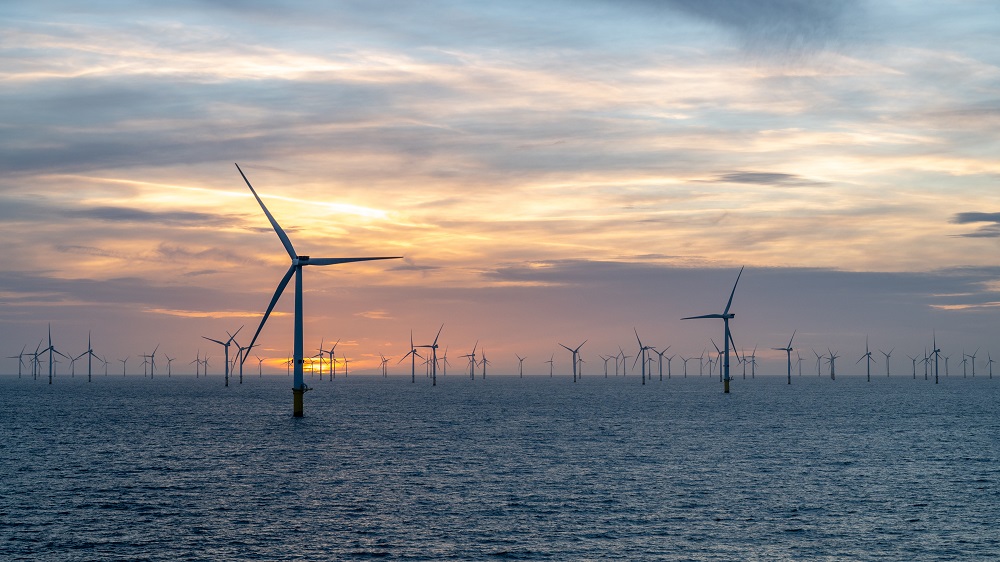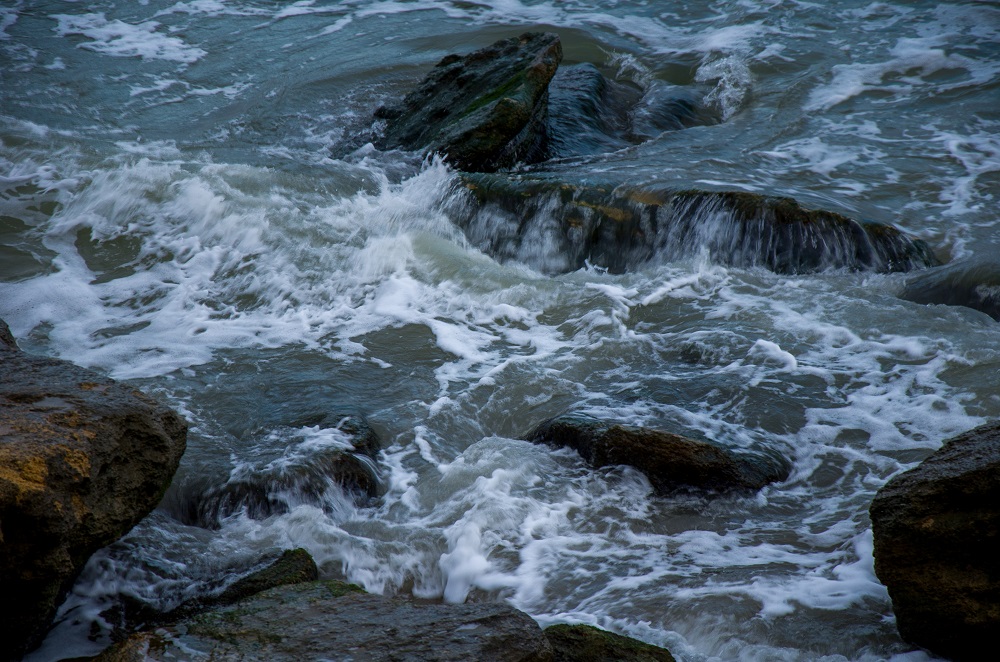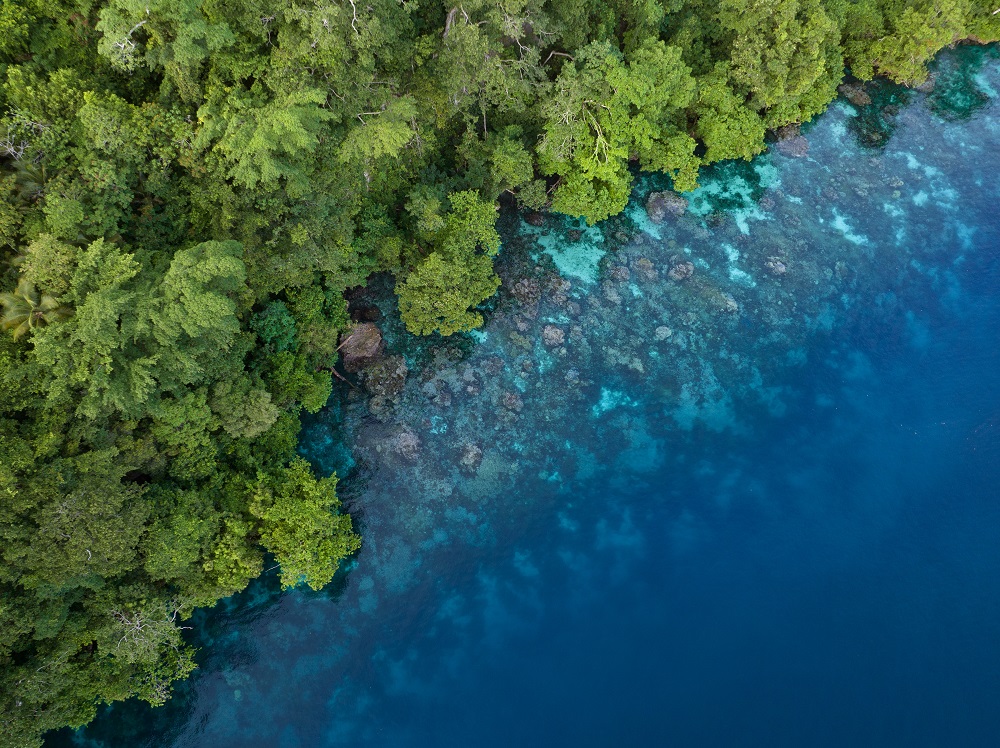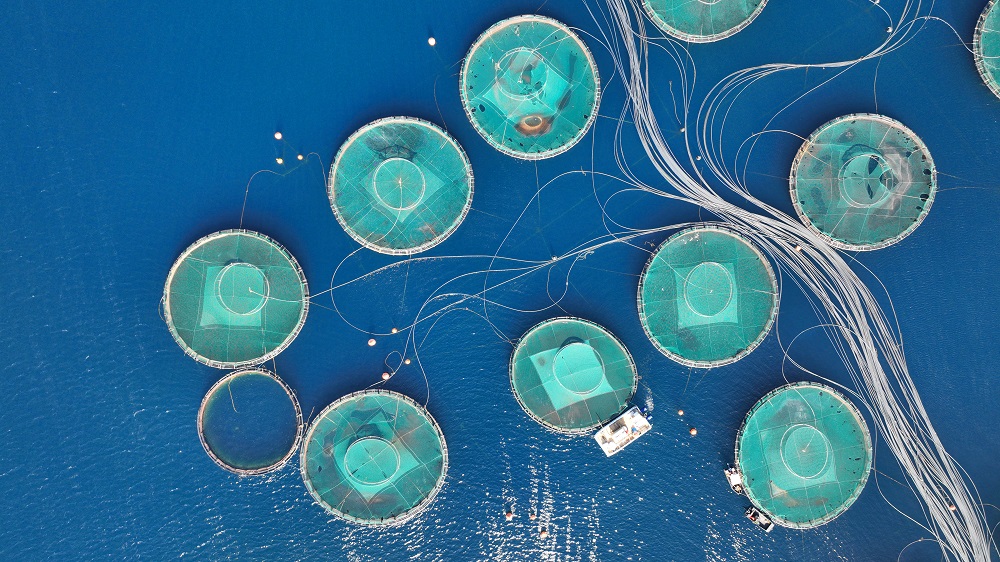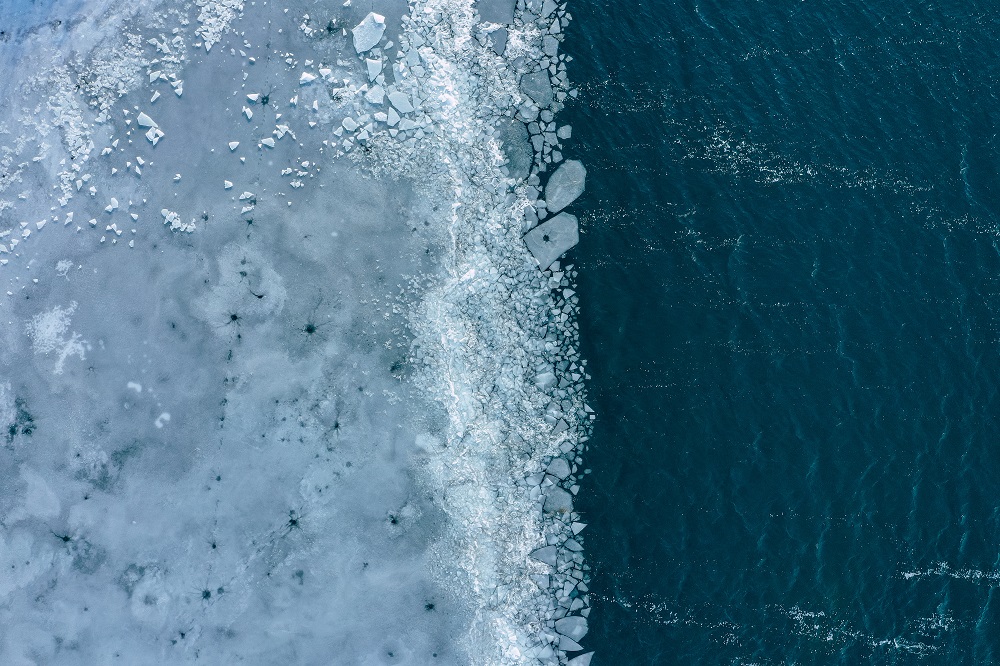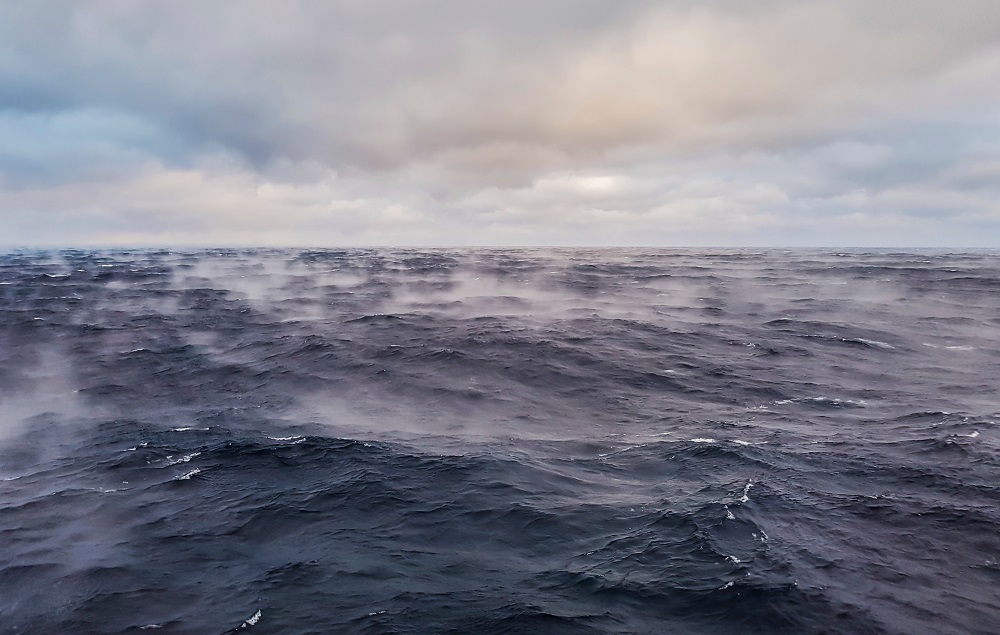We have no time to waste.
In March next year, Economist Impact, with The Nippon Foundation as Official Host, will organise the World Ocean Summit in Tokyo. A few months later, the global ocean policy community will gather in Nice for the 2025 UN Ocean Conference.
These meetings present a critical opportunity for all stakeholders to agree on an implementation plan for the roadmap and elevate the issue of unseen ocean pollution to a central position on the international ocean policy agenda.
Our mission at The Nippon Foundation aligns with the roadmap’s aim: to transform scientific knowledge of the ocean into tangible action. And we are ready to do whatever is necessary to help humanity better understand and protect our oceans for future generations.
Ocean pollution is a challenge comparable to other major anthropogenic threats like climate change and biodiversity loss. Yet, it has thus far remained relatively invisible, notwithstanding the welcome focus on plastic waste.
We, along with our partners at Economist Impact, see Back to Blue’s role as catalytic. Back to Blue will continue to support and advocate for the adoption of the roadmap. However, it is ultimately up to the international ocean community to drive its implementation.
By uniting bold ideas with decisive action, we can unlock a future where our oceans are free from the harmful impacts of pollution.

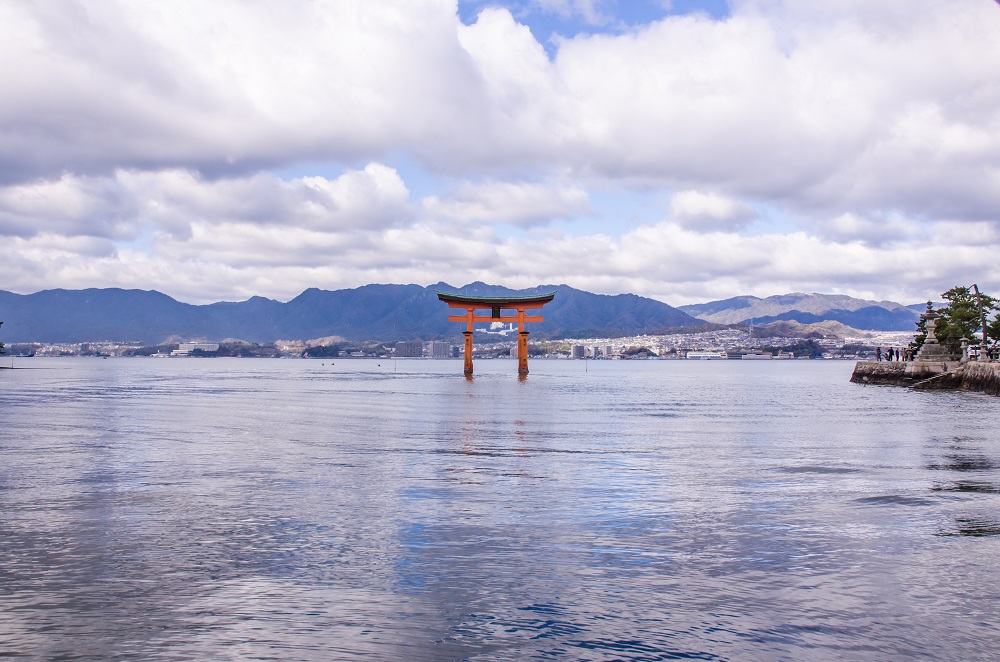

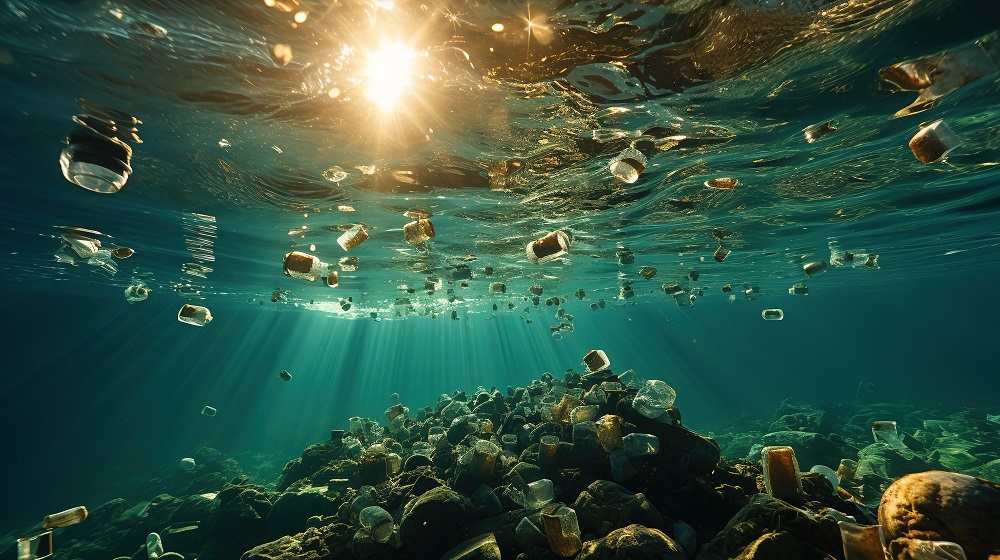

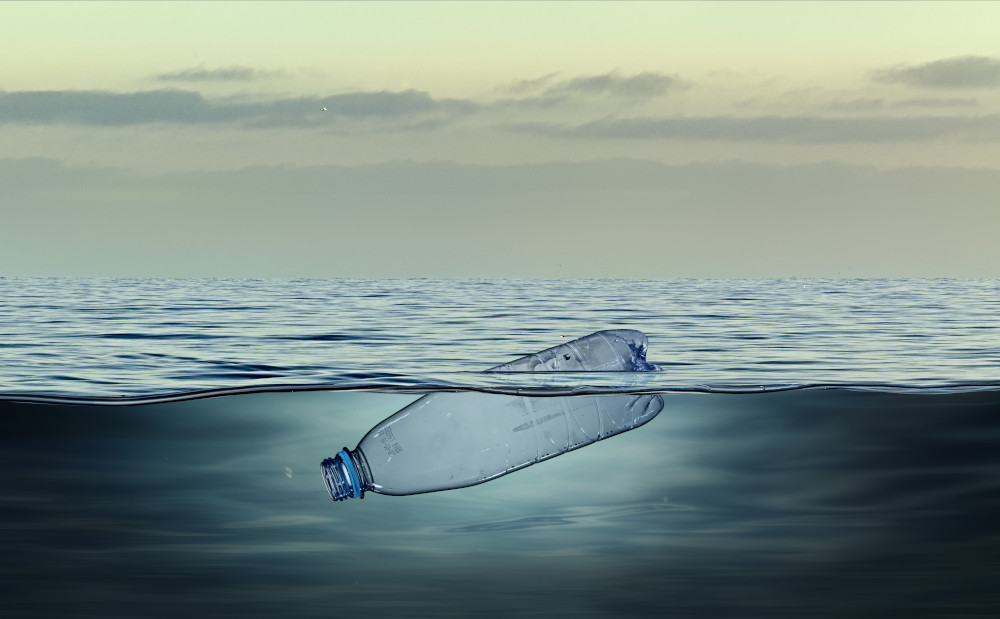




 The scourge of untreated wastewater
The scourge of untreated wastewater Slowing
the chemical tide: safeguarding human and ocean health amid
chemical pollution
Slowing
the chemical tide: safeguarding human and ocean health amid
chemical pollution Hazardous chemicals in plastics - the discussions at INC
Hazardous chemicals in plastics - the discussions at INC







